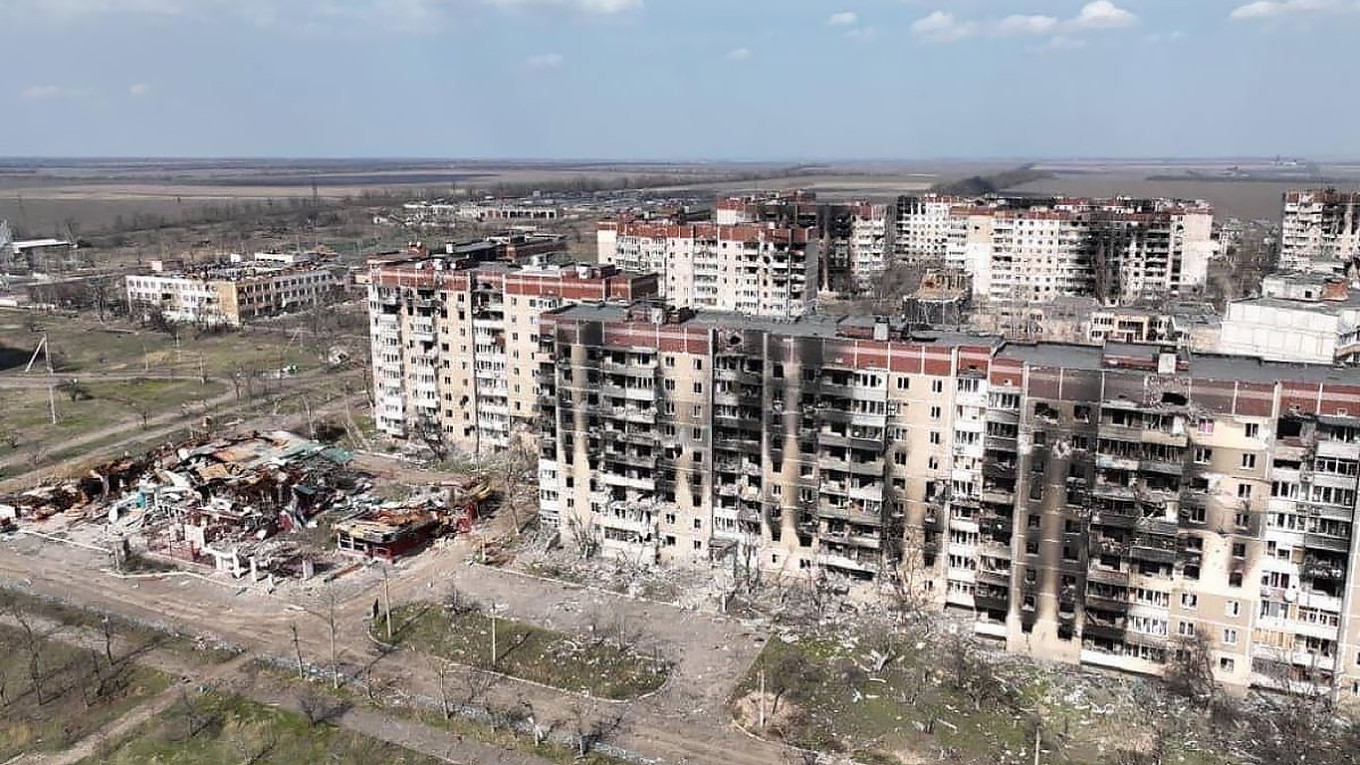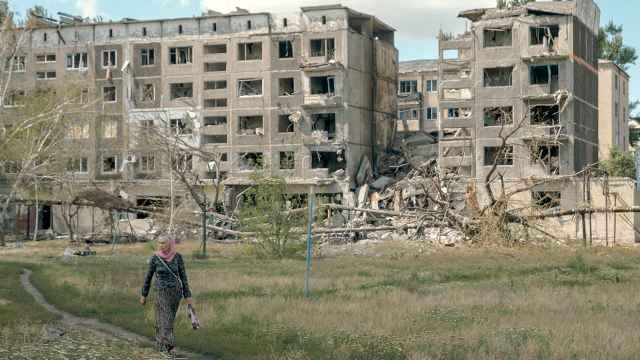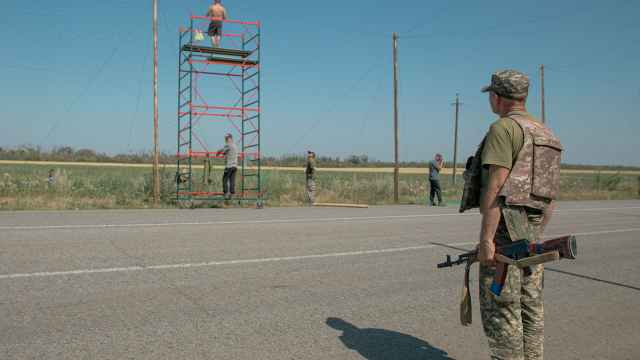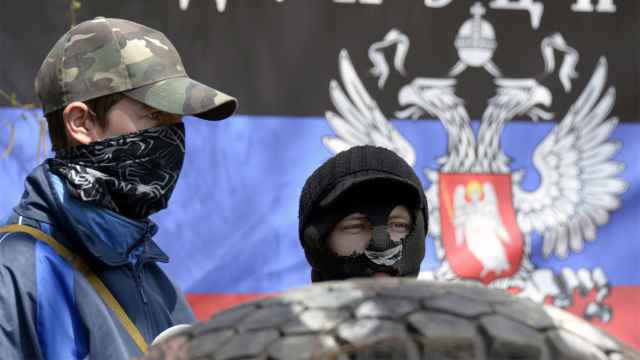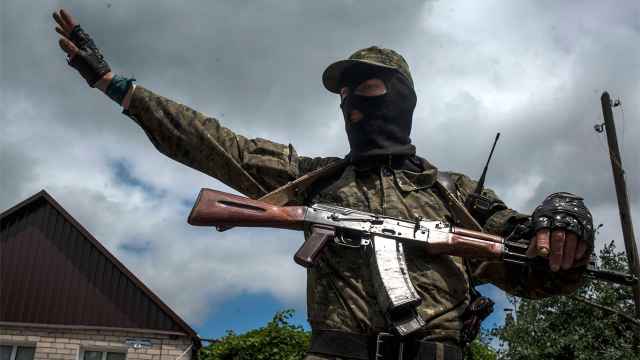Russian forces pressed further toward encircling the Ukrainian stronghold of Vuhledar in recent days, sparking worries that a key defensive outpost for Kyiv could soon fall into Russian hands.
On Wednesday, British intelligence reported that Russian troops had closed in on Vuhledar from three directions, threatening to cut off the last remaining roadway out of the former coal-mining city.
Concerns about Vuhledar’s fate mounted after Russian troops breached Ukrainian defenses west of the city along the T-05-09 highway, which leads toward another strategic point in the Donbas, Velyka Novosilka.
For nearly six months prior, Russia had been advancing from the east toward the village of Vodyane, finally capturing it in mid-September — and opening up a new front against Vuhledar.
Can Ukraine hold Vuhledar? And if not, what prospects would the city’s capture open up for Russian troops?
A ‘frozen’ front line
Russian forces have been trying to capture Vuhledar since the start of the full-scale invasion, first reaching its outskirts of Vuhledar in the spring of 2022. Since then, most assaults in the southern Donetsk region have focused on this area following the capture of Volnovakha.
One of Ukraine’s most experienced units, the 72nd Separate Mechanized Brigade, was sent to defend the town. This brigade, which had played a key role in pushing Russian forces out of Kyiv earlier in the war, has now been defending Vuhledar for nearly 20 months.
The brigade’s effective defense in the early phase of the war, aided by favorable terrain, halted Russia’s advances on Vuhledar — effectively freezing the front in this area for nearly two years.
Russia’s forces renewed their direct assaults on Vuhledar alongside its early 2023 offensive on Bakhmut, but they were again repelled. In just one week that winter, Russia reportedly lost about 130 vehicles and the once-elite 155th Guards Naval Infantry Brigade was virtually demolished.
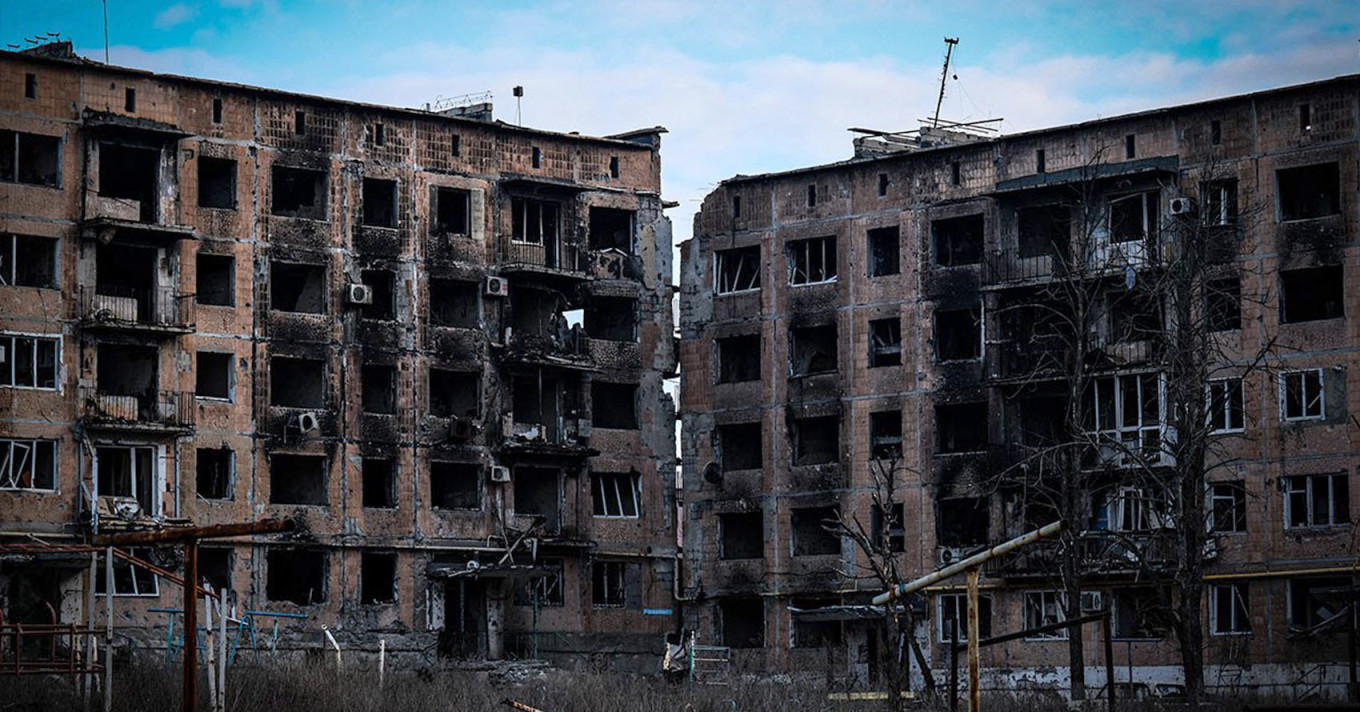
“Vuhledar is a small, small town, and it is a corner fortress in the southeastern direction [Donetsk region]. If you compare it to ancient fortresses … Vuhledar is also on a height. It is a small piece of concrete. There are fields around us, villages around us, and a lake in front of us. If you look at the map, there is a river to the south of Vuhledar, between Mykilske and Pavlivka,” Mykola Voroshnov, an aerial reconnaissance soldier of the 72nd Brigade, said in 2023.
According to a Ukrainian military officer familiar with the situation on the ground, the Russians are currently using similar tactics to those employed in early 2023. He emphasized that Russia’s key advantage is its dominance in terms of both personnel and equipment.
“In the winter [of 2023], the Russians also moved on Vuhledar using more than 100 pieces of equipment. Now, they aim to encircle the city from the flanks — to advance further while avoiding urban combat,” the officer said. “This is being done so that the city’s defenders either withdraw or get surrounded.”
Ukrainian military analyst Oleksandr Kovalenko told The Moscow Times that Russia’s success in breaking through Ukrainian lines around Vuhledar was due in large part to its extensive use of guided bombs (KAB) to target key defensive positions.
“This area is now the most active in terms of guided bomb use after Pokrovsk,” Kovalenko said, referring to the Ukrainian logistics hub 56 kilometers north of Vuhledar that Russian forces have also moved to capture in recent weeks.
“The strikes on Vuhledar are now even more intense than those on the Kurakhove and Pokrovsk fronts. This is the key factor in breaking through our defensive lines, and we've had no effective countermeasures for years,” he said.
Russian troops have already entered Vuhledar’s southeastern sector, according to open-source videos. However, the greater threat to the Ukrainian 72nd Brigade would be if they cut off the highway connecting Vuhledar to Bohoyavlenka, six kilometers north.
If the highway is severed, it could prove disastrous for Ukrainian forces, Kovalenko said. Russian units have already reached a critical crossroads southwest of the city, possibly putting parts of the road under their control.
“Certainly, the encircling from the north will be a critical point for Vuhledar, and it will be a serious problem to get the Ukrainian garrison out of Vuhledar. If they don’t use the roads, they’ll have to retreat through open fields, and this is a much more difficult task associated with heavy losses. The main thing is that our command did not miscalculate here,” Kovalenko said.
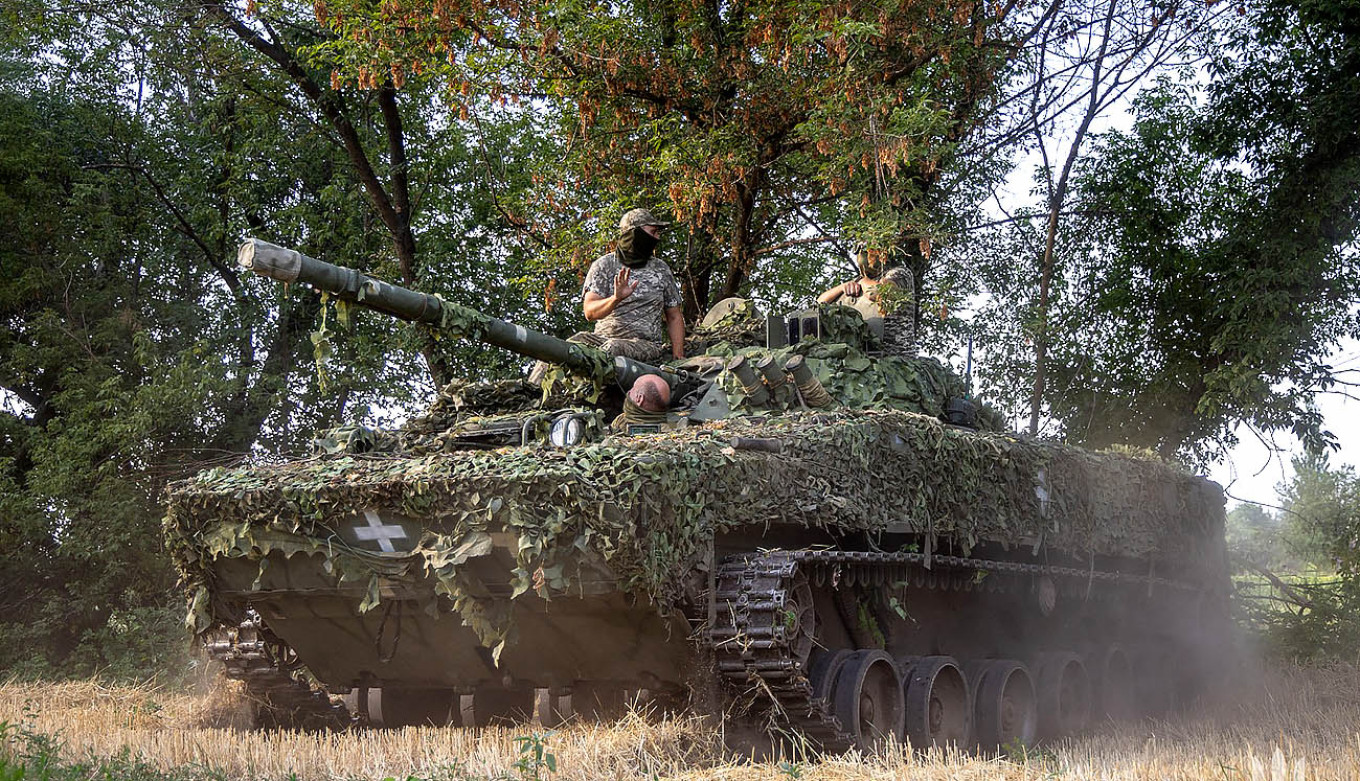
As of Friday, troops have not yet been ordered to withdraw from the semi-encircled city. The 72nd Brigade published a video on its Facebook page Thursday in which one of its fighters said that the unit’s defenses were still holding out in Vuhledar.
“Right now, despite heavy assaults and circumstances, we are in place,” the fighter said.
What’s next
Russia has not abandoned its plan to encircle Ukrainian forces in the Donbas, an anonymous officer from Ukraine’s Defense Forces said — and after achieving breakthroughs at Kurakhove and Pokrovsk, Vuhledar remains a critical point where Russian forces have yet to claim significant success.
As one 72nd Brigade fighter told me in the area around Vuhledar a few weeks ago, the unit could pose a threat to Russian forces on the southern flank of the Donetsk region.
“Without the annihilation of Vuhledar, a Russian advance at Pokrovsk is impossible. They are following Soviet-era tactics,” the fighter said.
Kovalenko, however, believes it’s only a matter of time before Ukrainian troops are forced to withdraw from Vuhledar. He said that dislodging the Russian “pincers” that currently surround the city would require a large-scale counteroffensive, but Ukraine lacks the necessary reserves.
“I don't see the expediency of transferring reserves there. I see it as more reasonable to withdraw the garrison after some time. Reinforcing it will not solve the issues,” Kovalenko said.
“Why? Ukraine can’t solve the problem through counteroffensive actions,” he said. “We are talking about a serious expansion of the defensive line, but the necessary resources and conditions are not there. It's purely a question of when the garrison will leave Vuhledar and where exactly they will be moved to. I think it will be to the first boundaries of the next line of defense.”
After taking Vuhledar, Kovalenko said Russia will likely continue its offensive toward other key logistical hubs in the Donbas such as Velyka Novosilka and Kurakhove. He said he expects the Russians to maintain the pressure without pausing for regrouping, citing their swift tactics following the capture of Avdiivka.
All of the sources interviewed for this article agreed that the rainy season and approaching winter are unlikely to deter Russian advances, pointing to the prolonged battle for Bakhmut as a precedent.
“Looking back at how they acted in the Pokrovsk direction and how they acted after the capture of Avdiivka, they will most likely ‘chase’ everyone forward without taking operational pauses,” Kovalenko said. “The most important thing for the Russian compadres right now is the terms. They have their deadlines for each object and location.”
A Message from The Moscow Times:
Dear readers,
We are facing unprecedented challenges. Russia's Prosecutor General's Office has designated The Moscow Times as an "undesirable" organization, criminalizing our work and putting our staff at risk of prosecution. This follows our earlier unjust labeling as a "foreign agent."
These actions are direct attempts to silence independent journalism in Russia. The authorities claim our work "discredits the decisions of the Russian leadership." We see things differently: we strive to provide accurate, unbiased reporting on Russia.
We, the journalists of The Moscow Times, refuse to be silenced. But to continue our work, we need your help.
Your support, no matter how small, makes a world of difference. If you can, please support us monthly starting from just $2. It's quick to set up, and every contribution makes a significant impact.
By supporting The Moscow Times, you're defending open, independent journalism in the face of repression. Thank you for standing with us.
Remind me later.


